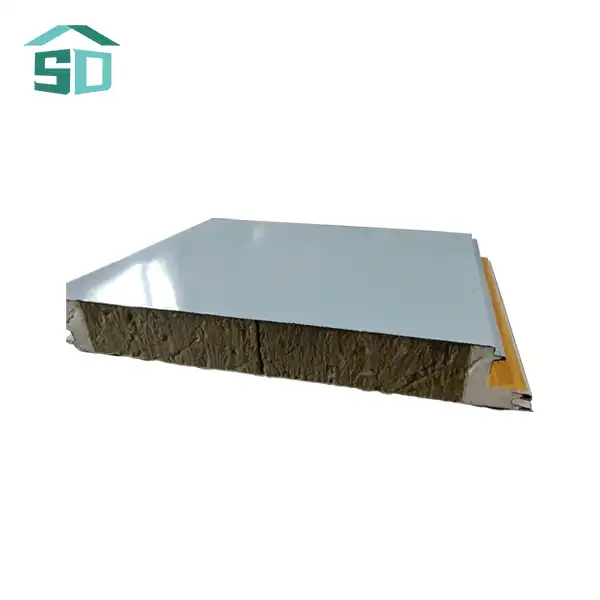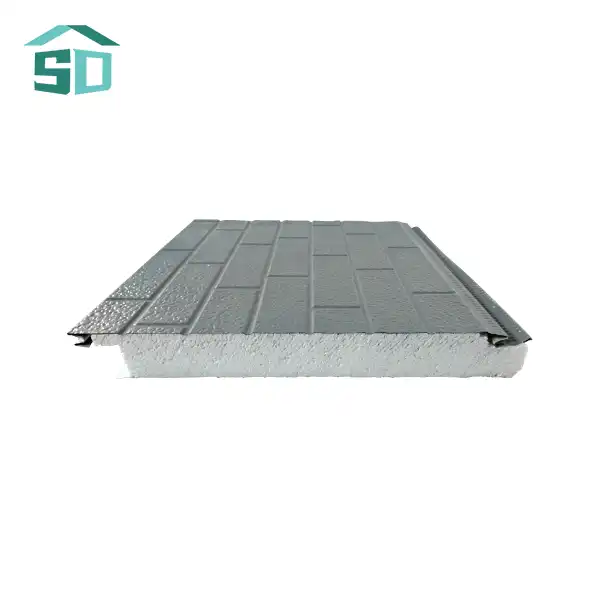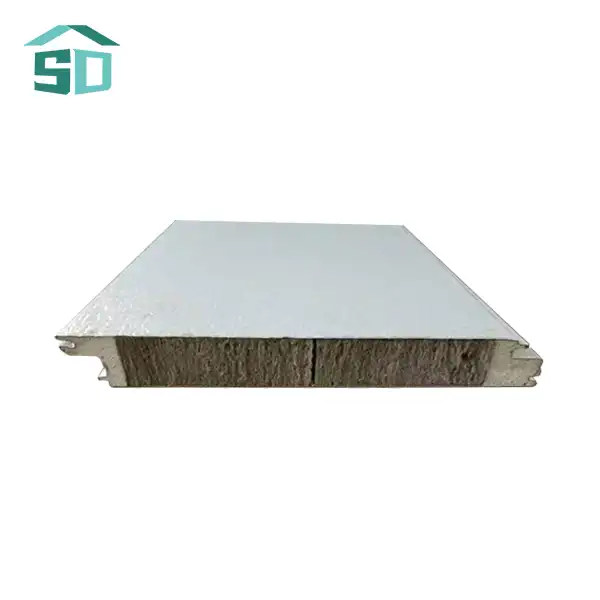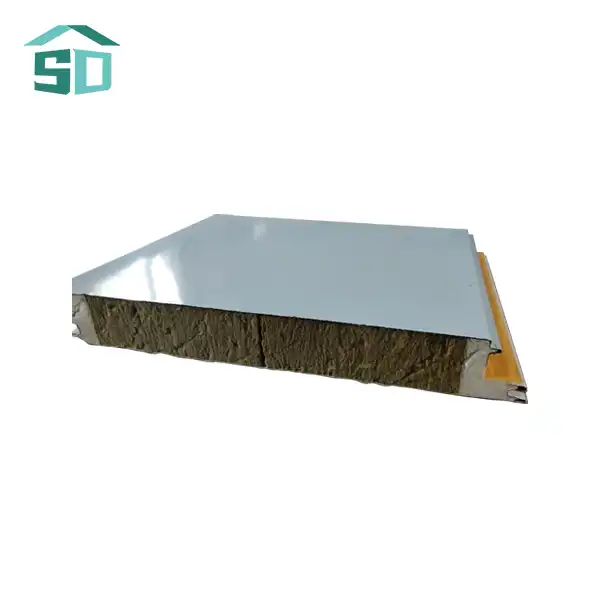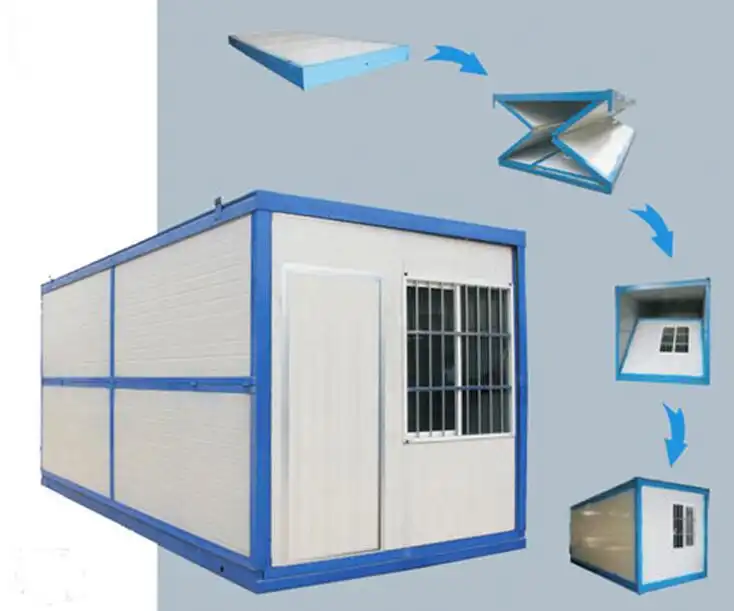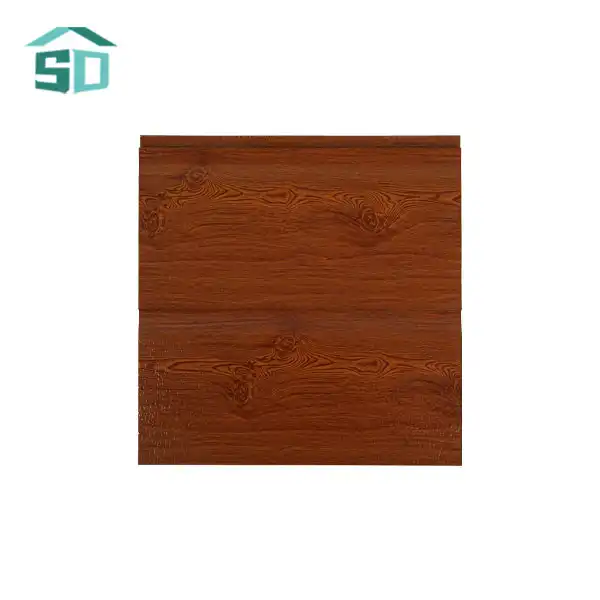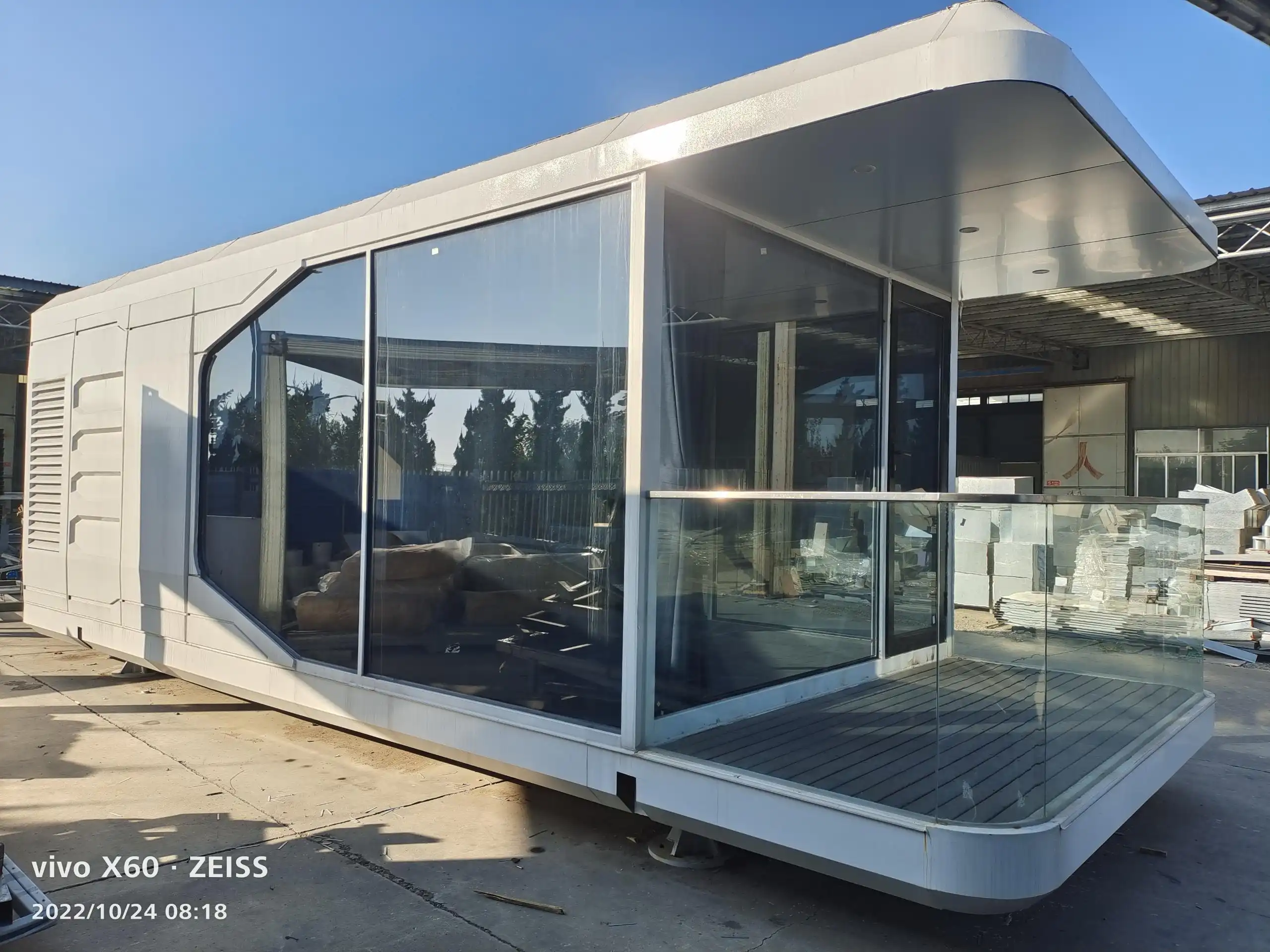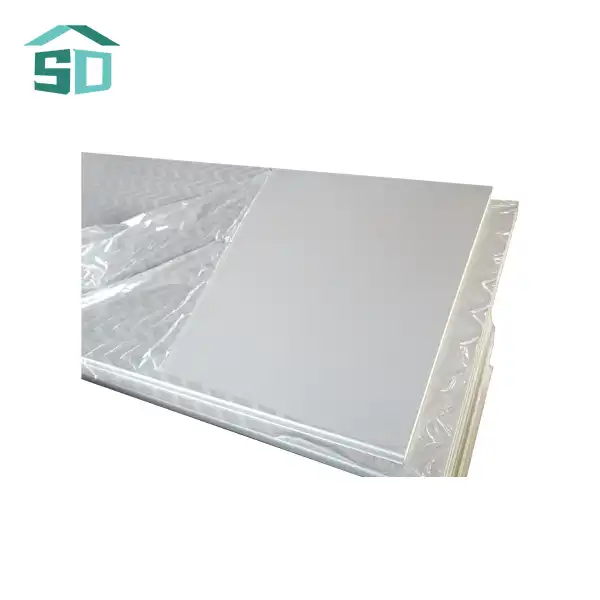Essential Maintenance Practices for Long-Lasting Exterior Cladding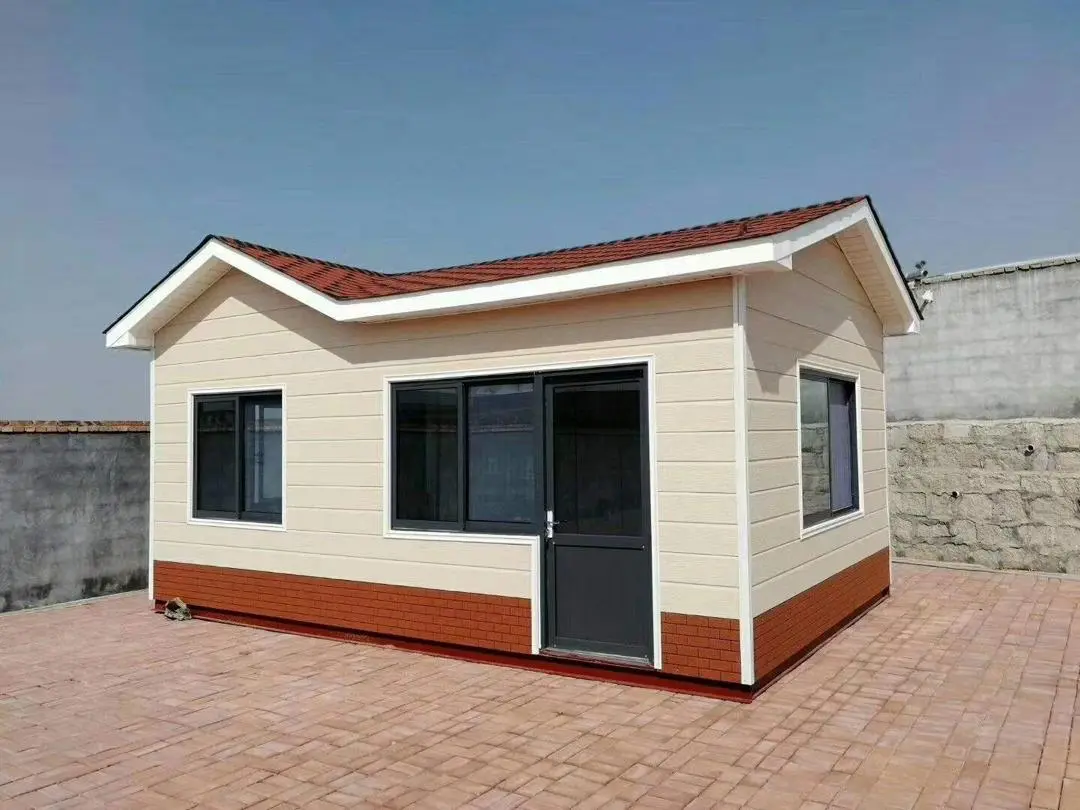
Exterior wall cladding serves as a protective shield for your building, safeguarding it against harsh weather conditions while enhancing its aesthetic appeal. To ensure your cladding continues to perform optimally and maintain its beauty, implementing a robust maintenance routine is imperative. Let's explore some essential practices that will help preserve your exterior cladding, regardless of the weather challenges it faces.
Regular Inspections: The Foundation of Cladding Care
Conducting regular inspections forms the cornerstone of effective exterior cladding maintenance. These assessments allow you to identify potential issues before they escalate into major problems. During your inspections, pay close attention to signs of wear, damage, or deterioration. Look for cracks, chips, or loose panels that could compromise the cladding's integrity. Also, check for any gaps in the sealant or areas where water might penetrate. By catching these issues early, you can address them promptly, preventing more extensive damage and costly repairs down the line.
Cleaning Techniques: Preserving Aesthetics and Functionality
Proper cleaning is essential for maintaining both the appearance and functionality of your exterior wall cladding. The cleaning method you choose should be tailored to the specific material of your cladding. For instance, metal cladding may require different care compared to vinyl or fiber cement. Generally, a soft-bristled brush or sponge, combined with a mild detergent solution, works well for most types of cladding.
Avoid using harsh chemicals or abrasive tools that could damage the surface. Power washing can be effective but should be used cautiously to prevent water from penetrating behind the cladding. Regular cleaning not only keeps your cladding looking fresh but also removes potentially harmful substances that could lead to degradation over time.
Protective Measures: Shielding Against the Elements
Implementing protective measures can significantly extend the life of your exterior cladding. Depending on the material, applying a protective coating or sealant can provide an additional layer of defense against moisture, UV rays, and other environmental factors. For metal cladding, consider using a rust-inhibiting primer and paint to prevent corrosion.
If your cladding is wooden, regular staining or painting can help protect it from moisture damage and fading. Additionally, ensure that your gutters and downspouts are clear and functioning properly to prevent water from cascading down the cladding, which can lead to staining and potential water damage.
Weather-Specific Maintenance Strategies for Exterior Cladding
Different weather conditions pose unique challenges to exterior wall cladding. Understanding these challenges and implementing targeted maintenance strategies can help ensure your cladding remains in top condition year-round. Let's examine how to care for your cladding in various weather scenarios.
Hot and Sunny Conditions: UV Protection and Thermal Management
In hot and sunny climates, UV radiation and thermal expansion can take a toll on your exterior cladding. To combat these effects, consider applying UV-resistant coatings to protect against fading and degradation. For metal cladding, choose light-colored finishes that reflect sunlight and reduce heat absorption.
Regular inspections during hot weather are crucial to identify any warping or expansion issues. Ensure that expansion joints are properly maintained to accommodate thermal movement. Additionally, consider installing adequate insulation behind the cladding to improve thermal performance and reduce the impact of temperature fluctuations on the building's interior.
Rainy and Humid Environments: Moisture Control Techniques
In areas prone to heavy rainfall or high humidity, moisture control becomes paramount. Ensure that all seams and joints in your cladding are properly sealed to prevent water ingress. Regularly inspect and maintain the flashing around windows, doors, and other openings to redirect water away from the cladding.
Consider installing a rainscreen system behind your cladding to provide an additional layer of protection against moisture. For wooden cladding, apply water-repellent treatments and ensure proper ventilation to prevent rot and mold growth. In humid climates, periodic cleaning with a mildew-resistant solution can help keep your cladding free from unsightly mold and algae.
Cold and Snowy Conditions: Winterizing Your Cladding
Winter weather presents unique challenges for exterior cladding. Before the cold season sets in, conduct a thorough inspection to identify and seal any gaps or cracks that could allow moisture to penetrate and freeze, potentially causing damage. For metal cladding, ensure that the paint or protective coating is in good condition to prevent corrosion from road salt and de-icing chemicals.
In areas prone to heavy snow, consider installing snow guards to prevent large masses of snow from sliding off the roof and damaging the cladding below. After winter storms, gently remove any accumulated snow or ice from the cladding to prevent moisture damage and reduce the risk of ice dams forming.
Innovative Solutions for Exterior Cladding Maintenance
As technology advances, new solutions are emerging to simplify and enhance exterior wall cladding maintenance. These innovations not only make maintenance tasks more efficient but also contribute to the longevity and performance of your cladding system. Let's explore some cutting-edge approaches to cladding care.
Smart Monitoring Systems: Predictive Maintenance for Cladding
Smart monitoring systems are revolutionizing the way we approach exterior cladding maintenance. These systems utilize sensors and IoT technology to continuously monitor the condition of your cladding. They can detect changes in temperature, humidity, and structural integrity, alerting you to potential issues before they become visible to the naked eye.
By leveraging data analytics, these systems can predict when maintenance is needed, allowing for proactive rather than reactive care. This approach not only helps prevent damage but also optimizes maintenance schedules, potentially reducing long-term costs.
Self-Cleaning and Self-Healing Materials: The Future of Cladding
Advancements in material science have led to the development of self-cleaning and self-healing cladding materials. Self-cleaning cladding uses photocatalytic coatings that break down dirt and pollutants when exposed to sunlight, keeping the surface clean with minimal intervention. Self-healing materials, on the other hand, can repair minor scratches and cracks automatically, extending the life of the cladding and reducing the need for manual repairs. While these technologies are still evolving, they represent an exciting frontier in low-maintenance, high-performanceexterior wall claddingsolutions.
Eco-Friendly Maintenance Products: Sustainable Care for Your Cladding
As environmental concerns become increasingly important, eco-friendly maintenance products for exterior cladding are gaining popularity. These products are designed to effectively clean and protect your cladding without harmful chemicals that can damage the environment or pose health risks.
Biodegradable cleaners, natural sealants, and plant-based protective coatings offer sustainable alternatives to traditional maintenance products. By choosing these eco-friendly options, you can maintain your cladding while minimizing your environmental impact, aligning with green building practices and potentially improving your property's sustainability credentials.
Conclusion
Maintaining your exterior wall cladding is a crucial aspect of property care that yields long-term benefits in both aesthetics and functionality. By implementing regular inspections, appropriate cleaning techniques, and protective measures, you can ensure your cladding withstands various weather conditions while maintaining its appeal. Adapting your maintenance strategy to specific weather challenges and embracing innovative solutions can further enhance the longevity and performance of your cladding system.
Remember, proper maintenance not only preserves your property's appearance but also protects your investment by preventing costly repairs and replacements. For expert advice on exterior cladding solutions and maintenance, don't hesitate to reach out to us at info@sdqsc.com. Our team at Weifang Sandong Building Materials Co., Ltd. is dedicated to providing top-quality cladding products and unparalleled service to enhance your building's performance and aesthetics.
